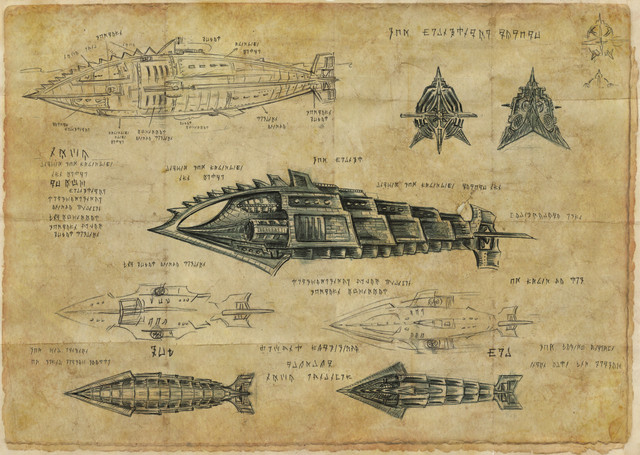HOME | DD
 Jeffrey-Scott — Writing In Archaic Cuneiform
Jeffrey-Scott — Writing In Archaic Cuneiform

#archaic #cuneiform #writing #ancient
Published: 2016-10-09 08:45:07 +0000 UTC; Views: 1349; Favourites: 8; Downloads: 0
Redirect to original
Description
Archaic Cuneiform is the earliest form of human writing, dating back to 3,400 BC. It was developed by the Sumerians who also created the very first human cities. I thought it would be fun to learn how to write in it, to feel connected to the start of it all.
the story I wrote here is about a man who gives the gift of a boomerang to a woman, who then appreciates the gift and starts to finally notice the man.
Note: First done in Pencil, then marker. Backround added in You Doodle+, to give the clay tablet feel.
Related content
Comments: 6

Given how into new-age-y stuff you are like energy points and chakras, I would've thought you'd say the first human city was in atlantis or leumeria, or something like that
👍: 0 ⏩: 1

Well, the first civilization is very Bible relevant. The Bible states that the garden of Eden is at the Tigris and Euphrates rivers. That is where the Sumerians were 7,000 years ago. Babylon called Mankind's first garden, Eridu. The first human city was Eridu, according to archeologists. Where they worshipped Enki (which translates to "Lord of the Earth"). It all fits. If there was an Adam and Eve in real history, their story was likely written down first in Archaic Cuneiform.
👍: 0 ⏩: 1

Is it alright If I point out some holes in that reasoning?
👍: 0 ⏩: 1

Lets hear it. I am not afraid of knowledge, i welcome it with open arms. Maybe you will learn something too.
👍: 0 ⏩: 1

K. So about adam and eve being in the fertile crescent and founding the earliest human city, Enki was the god of water, which the biblical god isn't really associated with, so connecting them seems like a bit of a stretch. Also for the first human city being in the fertile crescent because that's where the garden of eden was, first of all, there has been archeological evidence of humans living outside of the fertile crescent long before sumeria existed, for example the human migration *out* of africa. Second, it doesn't seem like the story of adam and eve holds up when you consider genetics: for example, it seems unlikely that a population could arise out of the extreme inbreeding that would be necesary to populate the earth from two people. Thoughts?
👍: 0 ⏩: 1

Yes, I know that geneticists have traced back our common ancestor to someone who lived in Africa 40,000 years ago. And he had more than one wife in his lifetime, so there was no inbreeding (there was also children from other early humans that mated with his descendants).
Anyways, I have nothing against Evolution. I am a Catholic and we believe in Evolution.
My point on this is that the Bible stories of Genesis are based on mankinds struggles and growth in the first civilization. The first few chapters are very metaphorical, not literal. Was there an Adam and Eve? Could they represent all the first city's men and women? Who knows. But if they did exist (which they probably didn't exactly as written) Cuneform would be their written language.
The first chapter is clearly in poetic form. But it appears that Enki was worshiped at first. The Bible does allude to a lot of water related things God did at first. He makes the sea before the land, he causes the flood of Noah, and he turns a river to blood for Moses, he spits the Red Sea, and baptism became a big thing.
👍: 0 ⏩: 0
























